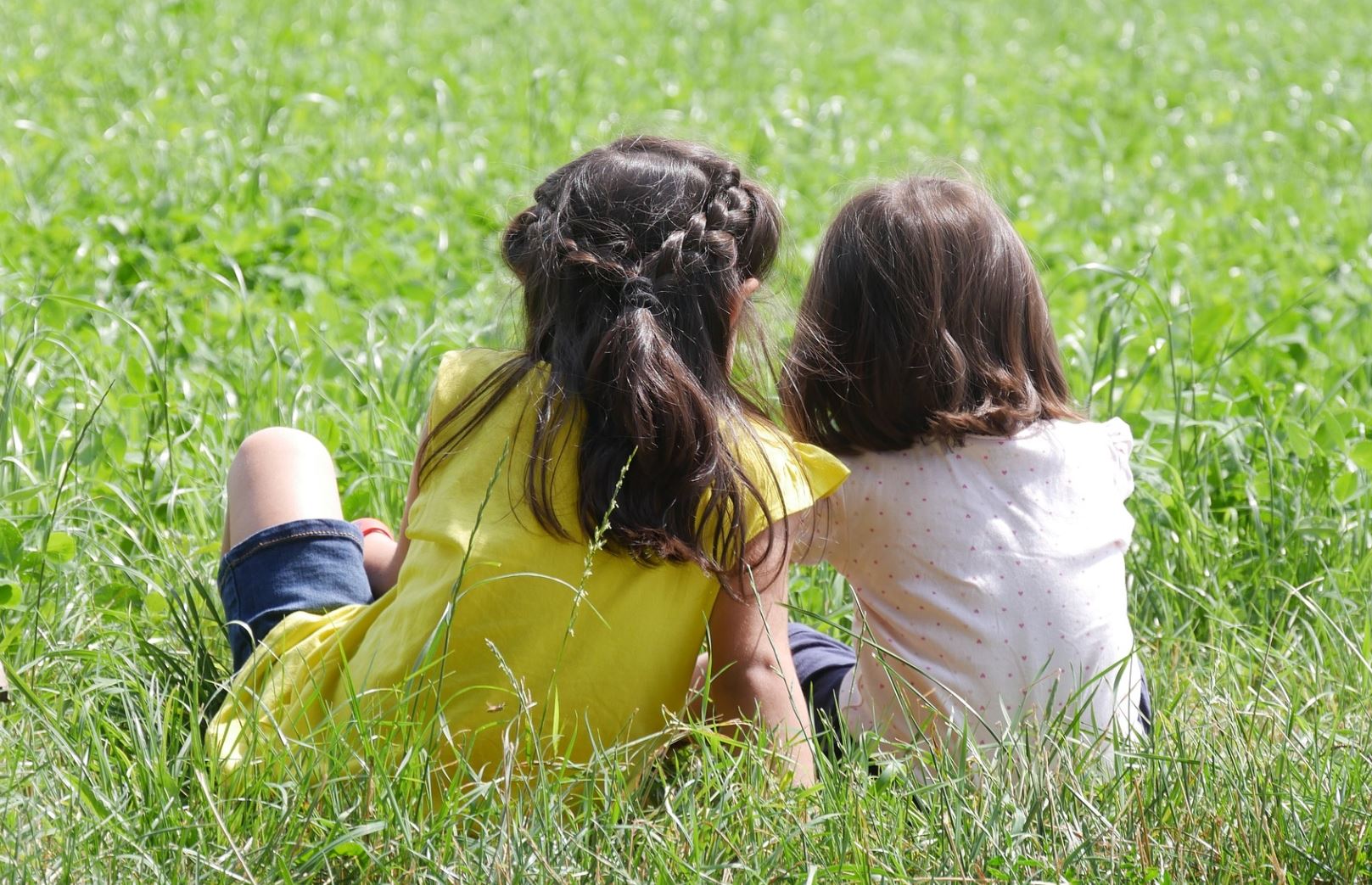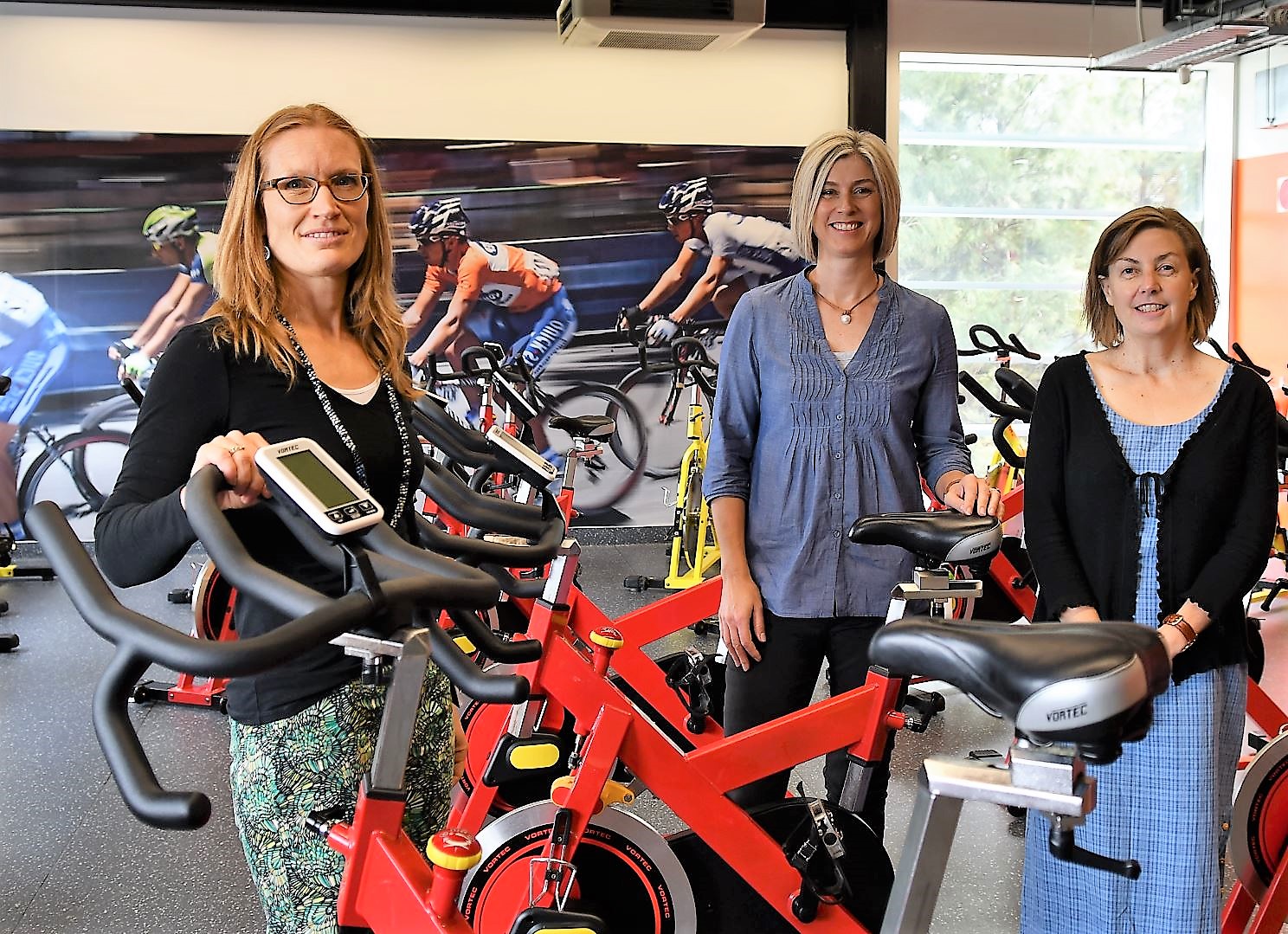Childhood illnesses to benefit from new CRF funded research
Posted by Flinders University, February 5, 2018.
A breath-test for celiac disease, improved baby resuscitation and new approaches to lung infections, teen anxiety and mindfulness are among the Flinders University projects starting under the Channel 7 Children’s Research Foundation program.
The five new Flinders projects are among the latest announced by the foundation, which awards more than $1.3 million in grants every year to universities, research institutes, health services and other organisations for investigations into issues affecting the health, education and wellbeing of children.

Stock photo courtesy Pixabay
The Flinders projects, including two early career grants, are:
Can school-based mindfulness programs prevent mental health problems in adolescents? Chief investigator Professor Tracey Wade, with research officer Catherine Johnson ($75,000)
Given one-in-four Australians aged 16-24 have a mental health condition, schools are investing millions of dollars in programs that may enhance mental health. This project seeks to modify successful evidence-based mindfulness programs for adults for youth programs matched to appropriate age groups.
An investigation into eating and anxiety disorder risk factors and genetic architecture in adolescent twin girls – chief investigator Dr Kate Fairweather-Schmidt ($74.906)
This project will provide crucial information of eating disorder risk during its greatest incidence period of adolescence, both at a diagnostic and symptom level.

A New Breath Test for Paediatric Celiac Disease – chief investigator Dr Roger Yazbek ($74,406)
To conduct a pilot study of novel non-invasive breath test for children with and without celiac disease to provide proof-of-concept data for future, large-scale clinical studies. The new, stable-isotope breath test aims to detect the intestines’ ability to break down gluten. Current methods for the detection of celiac disease are costly and invasive, leading to delays in diagnosis.
A therapeutic for infant acute lung injury: minimising immune-mediated damage to developing lungs during respiratory infection – chief investigator Elena Cavallaro ($34,874)
Bronchiolitis and pneumonia are leading causes of infant hospitalisation in Australia. The exaggerated immunological insult stemming from these infections on developing lungs is associated with early-childhood asthma development. The program seeks to reduce the short and long-term effects of these common conditions by balancing the immune response in the airways with a small protein called ‘feG’.
Warming and humidifying inspiratory gases to minimise lung injury during resuscitation of extremely preterm infants – chief investigator Dr Scott Morris ($31,350)
Extremely preterm babies have a high risk of lung damage leading to chronic lung disease. In this study, Flinders researchers will compare cold dry gas with warm humid gas when resuscitating such preterm babies. If warm humid gas is less damaging, then an immediate benefit in health outcomes could be achieved with a change in clinical practice.
Channel 7 Children’s Research Foundation grants are awarded up to a maximum of $75,000 per project, or Early Career Grants to a maximum of $35,000 per project.
Dr Yasbek, who has a Catherine Marie Enright Kelly Cancer Research Fellowship at the College of Medicine and Public Health, is currently president of the Australian Society for Medical Research.

